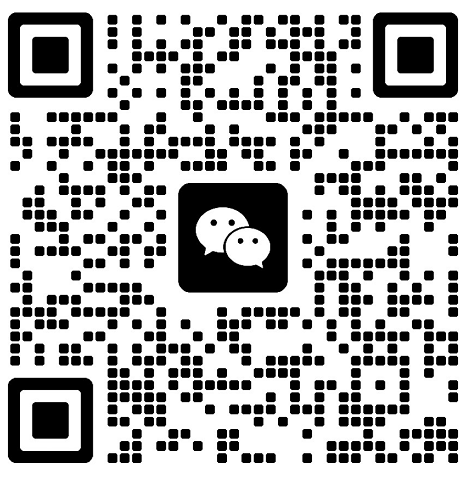1. Facts & Figures
World Diabetes Day, held every November 14, reminds us of the growing impact of diabetes worldwide.
According to the International Diabetes Federation (IDF), more than 500 million adults are living with diabetes, and the number is expected to reach 853 million by 2050.

However, through prevention, early diagnosis, and regular HbA1c monitoring, we can greatly reduce the impact of diabetes and its complications.
2. HbA1c as a Diagnostic and Monitoring Tool
HbA1c (Glycated Hemoglobin) is a blood test that reflects your average blood sugar levels over the past 2 to 3 months. It measures the percentage of red blood cells with glucose attached to them, providing a long-term view of blood glucose control, unlike daily tests that only show short-term changes. Because red blood cells live for about 120 days, HbA1c levels give an accurate picture of how well blood sugar has been managed over time.
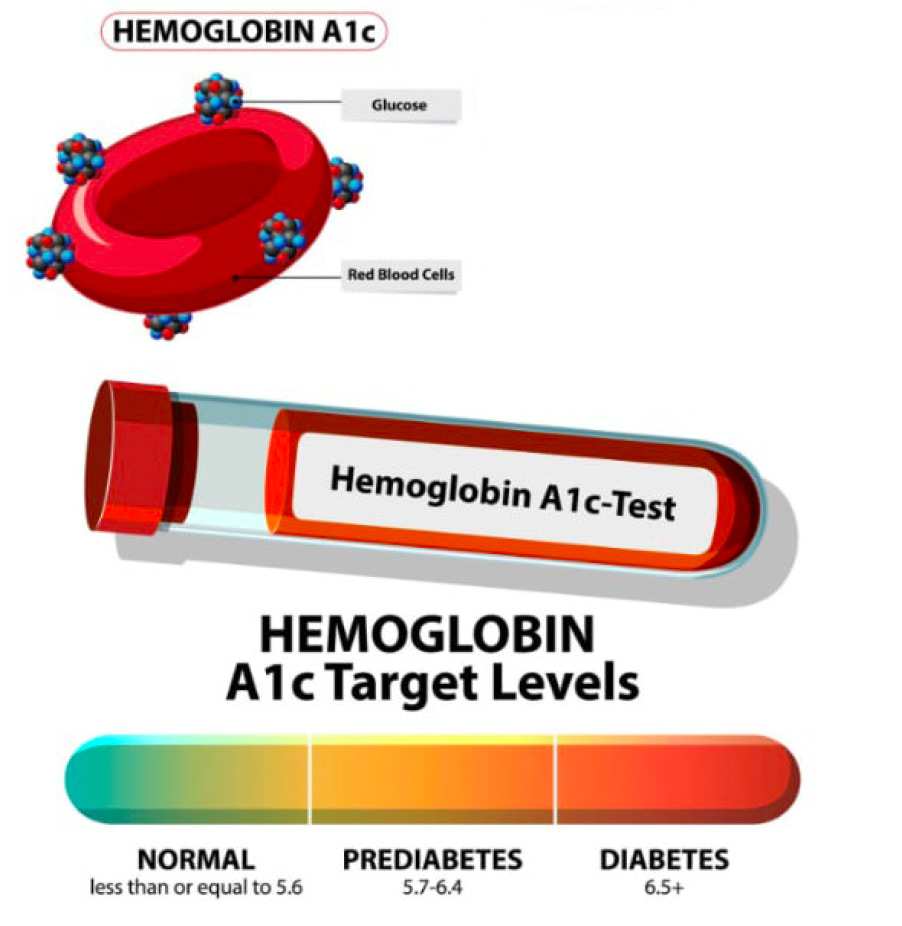
Diagnostic use: The American Diabetes Association (ADA) and the World Health Organization (WHO) recognize HbA1c as a reliable diagnostic marker for diabetes, with a cutoff value of 6.5% or higher.
Monitoring role: For people with diabetes, regular HbA1c testing helps evaluate how effectively their treatment plan is managing blood sugar levels over the long term.
Recommended HbA1c Testing Frequency
|
Condition
|
Testing Frequency
|
|
Prediabetes
|
Once a year
Annual screening is recommended
|
|
Diabetes: adjusting treatment
|
Every 3 months
|
|
Diabetes: stable control
|
Every 6 months
|
Note: frequency depends on individual status, please follow your doctor’s advice
Common HbA1c Detection Methods
|
Settings
|
Technology
|
Typical Use
|
|
Central Lab
|
HPLC
|
Large hospitals, reference labs
|
|
Point of care
|
Immunoassay / Enzymatic
|
Small labs, Clinics, near-patient testing, community screening
|
POCT systems like Poclight’s C5000 dry CLIA platform provide lab-quality results with fast turnaround and easier operation at the point of care.
3. Poclight’s Upgraded HbA1c Solution
To support better glucose monitoring, Poclight has recently launched a new spectrometer module for the C5000 Analyzer. The module measures hemoglobin levels in a sample using a photometric method and then applies a calculation formula to determine the average percentage of glycated hemoglobin (HbA1c).
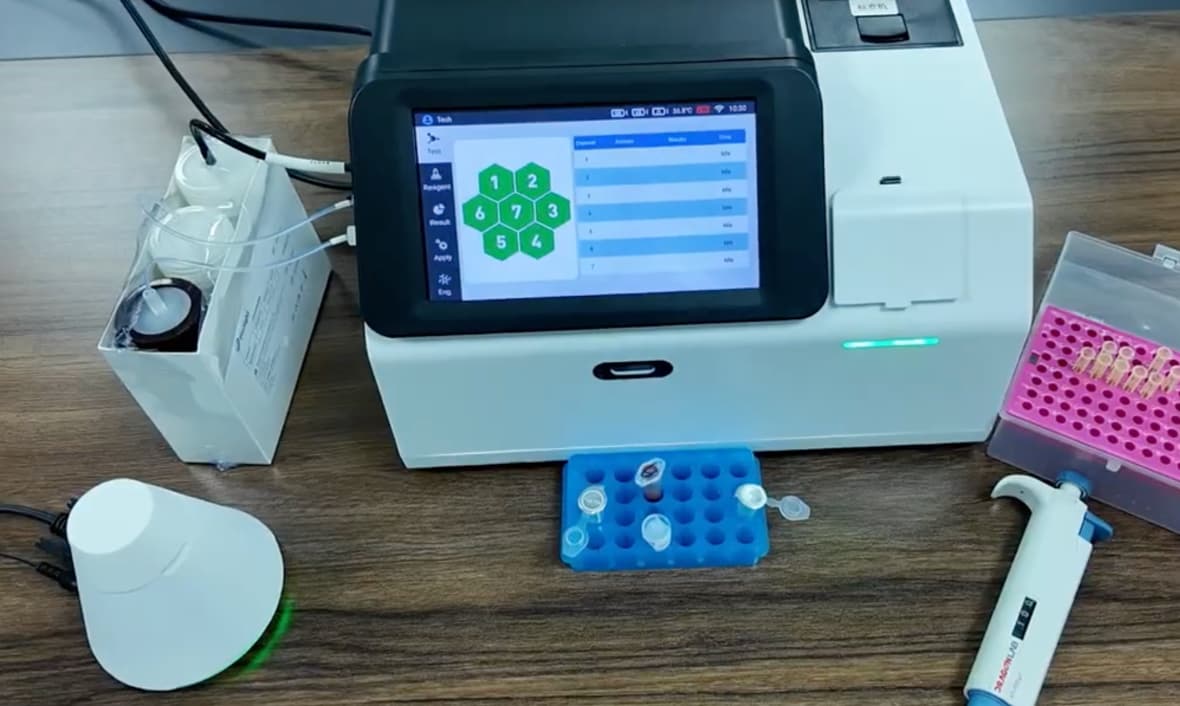
For operation guide, please watch the video below:
Poclight Hemoglobin A1c (HbA1c) Test Kit (Homogeneous Chemiluminescence Immunoassay)
Key Features
○ Fast: Results in 5 minutes
○ Accurate and Sensitive: High correlation with reference method, NGSP certified; 3.5~20% measuring range, cut-off value 4-6%
○ Small Sample: Only 10 μL whole blood required
○ Stable: storage at 2–30°C for 18 months
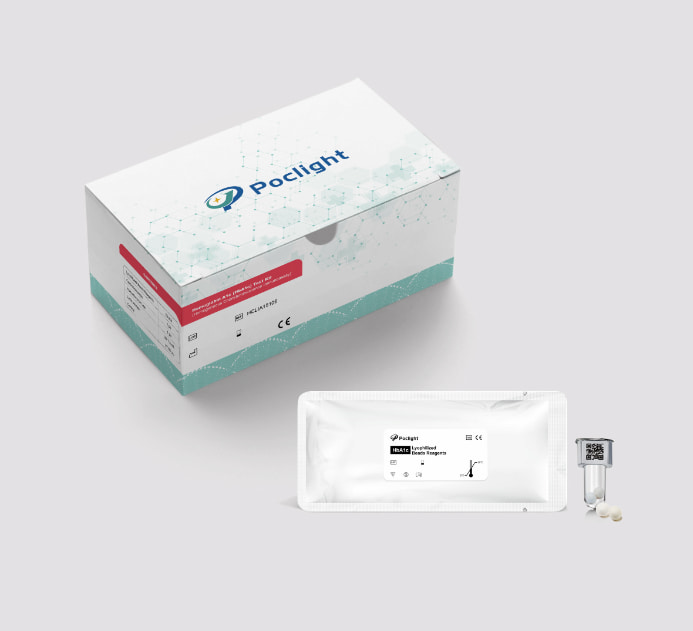
○ Applicable with the C5000 POC CLIA Analyzer: Maintenance-Free
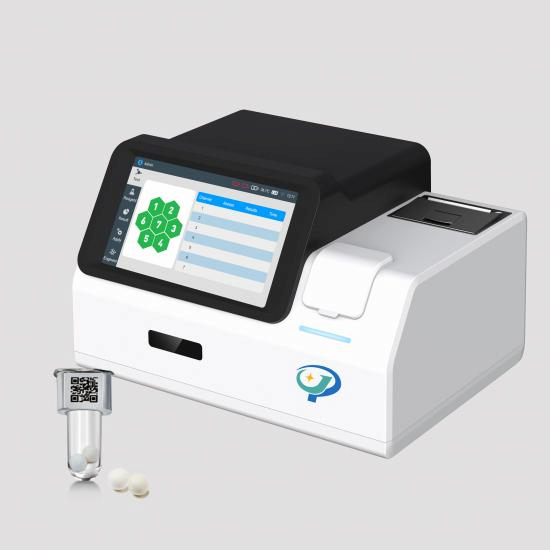
At Poclight, we remain committed to making precision diagnostics more accessible and reliable for point-of-care settings.
Contact us to learn about local distribution and pricing options for Poclight solutions.

 English
English français
français русский
русский español
español português
português العربية
العربية 日本語
日本語 Türkçe
Türkçe हिंदी
हिंदी Indonesia
Indonesia 











 IPv6 network supported |
IPv6 network supported | 